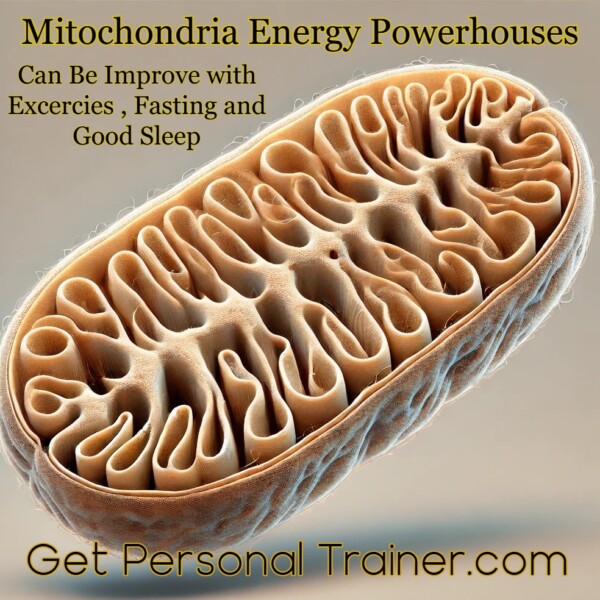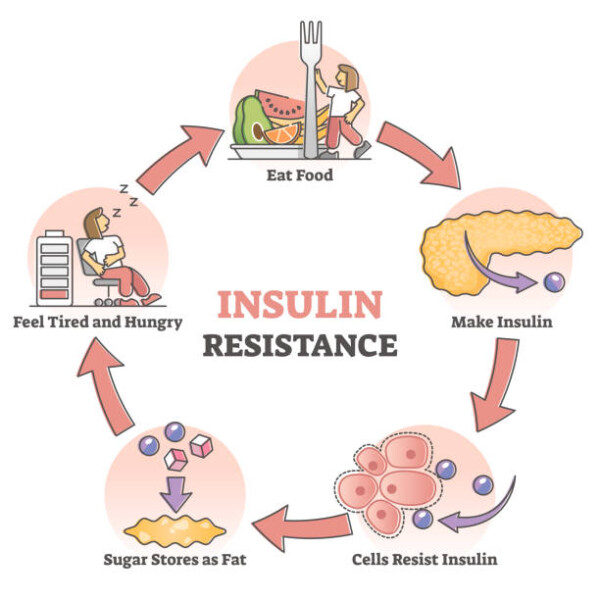
What is Mitochondria
Mitochondria are double-membrane-bound organelles found in the cells of most eukaryotic organisms. in simple words we can say thy are the powerhouses of the cell because their main function is to produce energy in the form of adenosine triphosphate (ATP) and this is essential for running cellular processes. Mitochondria are important for cellular energy and play a central role in maintaining the health and functionality of cells.
How to improve
Improving mitochondrial function takes consistent effort but incorporating these strategies into your lifestyle can lead to significant benefits in energy, resilience, and overall health.
Eat Mitochondria Supporting Nutrients like Coenzyme Q10 (CoQ10) Found in fatty fish, organ meats, and supplements, it helps the mitochondria generate energy. Omega-3 Fatty Acids Found in fish, flaxseed, and walnuts, these reduce inflammation and support mitochondrial membranes. B Vitamins, Crucial for energy metabolism, found in whole grains, eggs, and leafy greens. Magnesium, Supports ATP production. Sources include nuts, seeds, and dark leafy greens. Antioxidants ,Reduce oxidative stress, a major threat to mitochondria. Found in berries, dark chocolate, and green tea. Polyphenols, Found in foods like green tea, coffee, and dark chocolate, they stimulate mitochondrial biogenesis (new mitochondria formation).
Caloric Restriction and Intermittent Fasting, These strategies trigger autophagy, a process that cleans out damaged mitochondria and promotes the formation of new, healthy ones.
Exercise, Aerobic Exercise Activities like walking, jogging, swimming, or cycling increase mitochondrial number and efficiency through improved oxygen utilization. High-Intensity Interval Training (HIIT), Brief, intense bursts of exercise followed by rest have been shown to stimulate mitochondrial biogenesis. Strength Training, Improves mitochondrial function in muscle cells by increasing energy demand.
Lifestyle Changes like Manage Stress, Chronic stress damages mitochondria. Practices like meditation, yoga, and mindfulness can reduce stress hormone levels. Improve Sleep, Restorative sleep is essential for mitochondrial repair and detoxification. Aim for 7–9 hours of quality sleep. Avoid Toxins Minimize exposure to pollutants, pesticides, and smoking, which can damage mitochondria.
Supplements
- CoQ10 or Ubiquinol: Enhances energy production.
- PQQ (Pyrroloquinoline Quinone): Stimulates the growth of new mitochondria.
- NAD+ Precursors (e.g., NMN or NR): Supports mitochondrial repair and function.
- Alpha-Lipoic Acid (ALA): Reduces oxidative stress and supports energy metabolism.
- Creatine: Provides an additional phosphate group to regenerate ATP in cells with high energy demand.
- L-Carnitine: Helps transport fatty acids into mitochondria for energy production.
Light and Heat Therapy
- Red and Near-Infrared Light Therapy, Improves mitochondrial function by enhancing ATP production.
- Saunas, Heat stress from saunas can increase mitochondrial biogenesis and improve their efficiency.
Reduce Inflammation
- Anti-Inflammatory Foods, Include turmeric, ginger, garlic, and foods rich in omega-3s to lower inflammation.
- Healthy Gut, A diverse gut microbiome supports systemic health, indirectly benefiting mitochondria.
Hormetic Stress
- Cold Exposure, Cold showers or ice baths can stimulate mitochondrial function through adaptive stress.
- Mild Fasting or Ketogenic Diets, Encourages mitochondria to adapt and become more efficient by burning fats for energy instead of carbohydrates.


